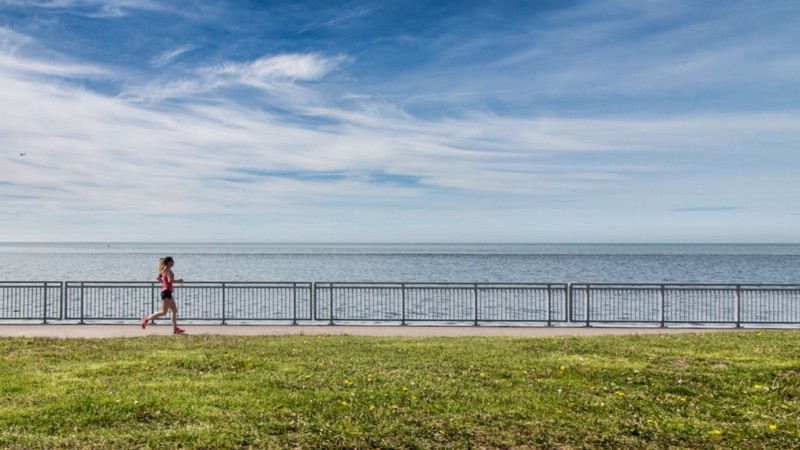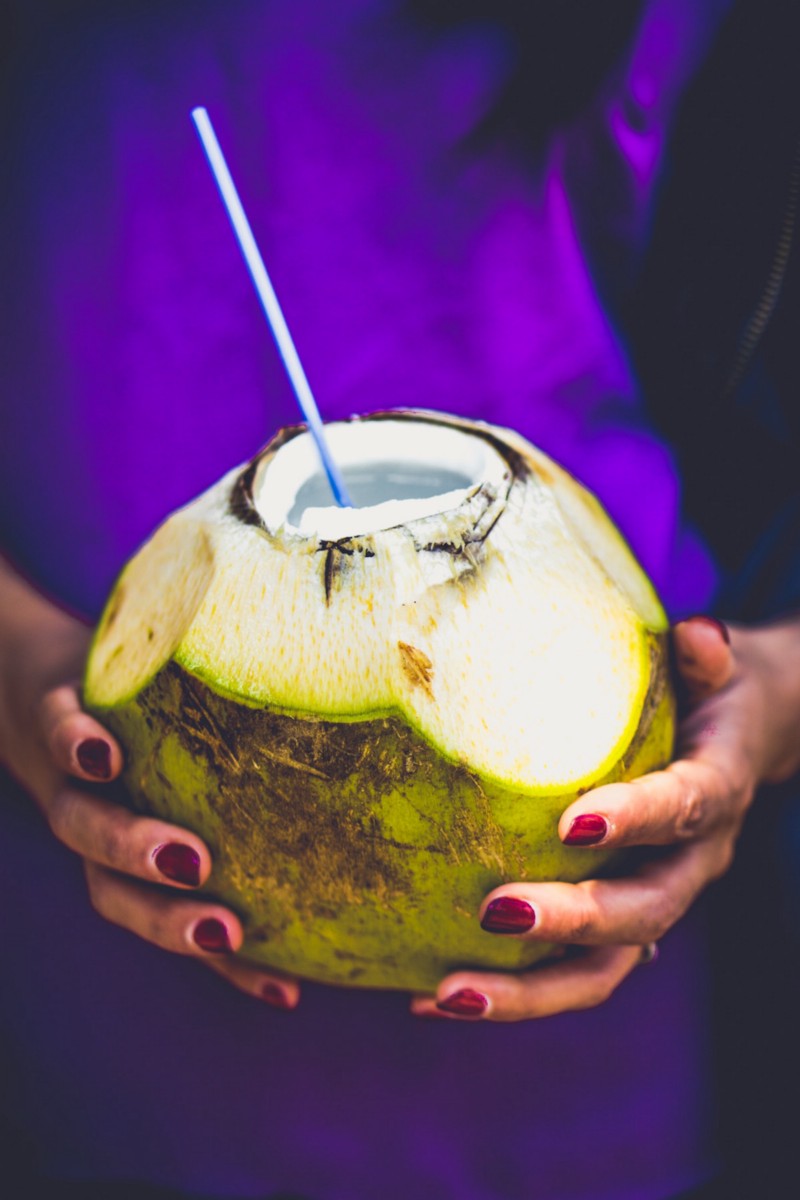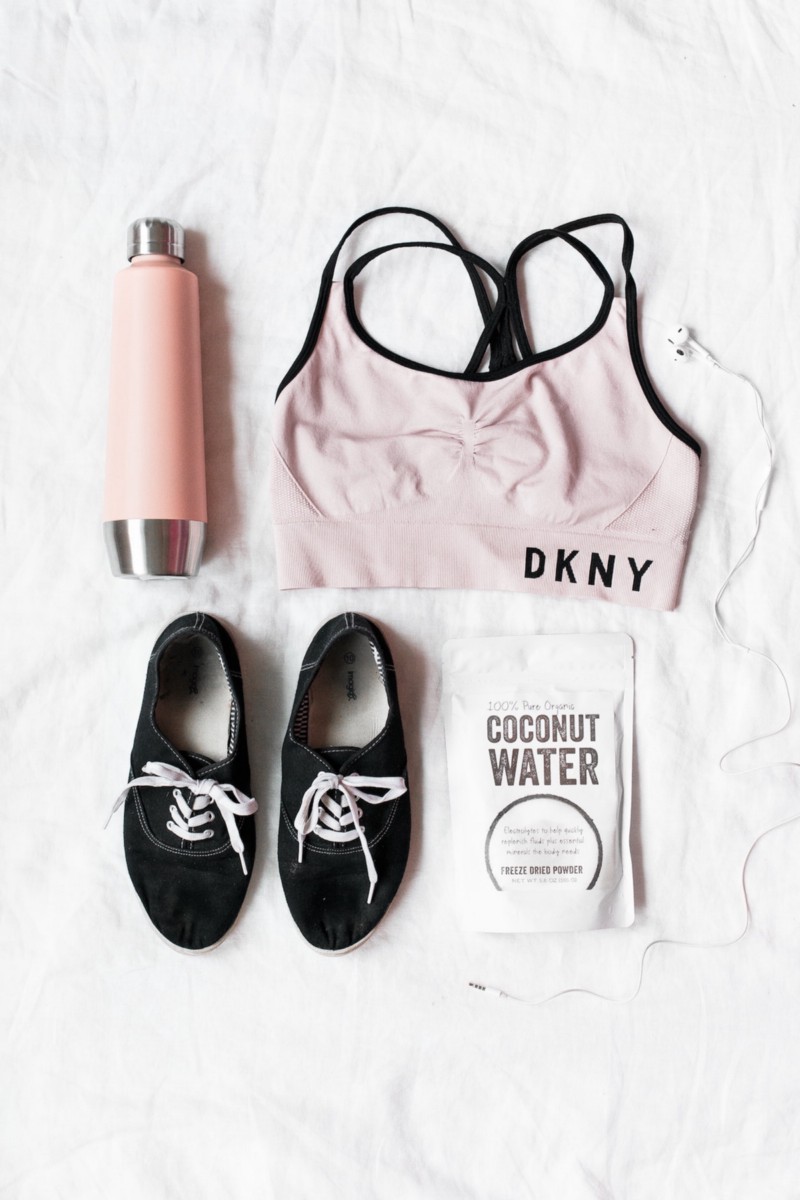
We know they’re in sports drinks. We’ve heard we need more in summer when the temperatures rise and we sweat more. But what are electrolytes? Why do we need them? Nutritionist Aimee Hockett, explains all.
What are electrolytes?
Electrolytes are minerals which have been dissolved into your body’s fluids. Once dissolved, they form electrically charged particles (called ions).
The three main electrolytes (sodium, potassium, and chloride), maintain fluid balance and electric charges throughout the body. We need them for proper nerve activity and to transport fluid in and out of cells.

What are the key electrolytes and what do they do?
There are a few classifications of minerals, trace minerals and ultratrace minerals (remember, electrolytes are minerals until dissolved in your body’s fluids or water). We need more minerals than we do trace or ultra trace minerals.
As mentioned, the major electrolytes are sodium, potassium and chloride. Other minerals are calcium, phosphorus, magnesium, iron and sulphur. The trace and ultratrace minerals are iodine, selenium, copper, zinc, manganese, fluoride, chromium and molybdenum.
Each electrolyte has a job i.e. calcium builds strong bones; phosphorus helps structure cell membranes; iron transports oxygen to red blood cells.
But electrolytes also work together to manage fluid balance and nerve transmission, and have a multitude of functions beyond that: they regulate blood pressure, transport other nutrients around the body, help regulate hormone activity, heal wounds, and support metabolic function.
When we talk about any group of nutrients — whether it’s electrolytes, fats, or proteins — we need to remember that we require a whole range of them, not just the major ones.
What does an electrolyte imbalance feel like?
An electrolyte balance could feel like dehydration, dizziness, fatigue, muscle cramping, digestive health problems, or irritability — it depends on which electrolyte is imbalanced and whether you have too much or too little. Many people often experience an imbalance from eating too much sodium and too little magnesium: this can result in swollen fingers or toes, chronic stress, and irritability. Serious and long term imbalances can lead to cardiac arrest or renal dysfunction.
Electrolytes are often associated with working out: do we need more if we sweat more?
If you have a very active lifestyle you may need more electrolytes. Athletes who work out for over an hour should have electrolytes during or after the workout. If you’re dehydrated, drink an electrolyte-rich drink, such as coconut water, or add a pinch of mineral-dense salt [Here’s a helpful guide to different salts — Ed.] to a glass of water, to help restore your electrolytes.
If you experience an afternoon energy slump, it’s usually because of a change in blood sugar or blood pressure. This can be caused by many things, but it’s often because you’re low in electrolytes. Having electrolytes during or after a regular workout isn’t necessary, but it is important to eat plenty of electrolyte-rich foods [bananas, spinach, sweet potatoes, kale and beets are a few great plant-based sources of electrolytes — Ed.] the same day to support muscle repair and recovery.

Do we need to drink sports drinks or take supplements to get enough electrolytes?
Not necessarily! There are a few athletes in my office and we’re working on improving their consumption of electrolyte-rich foods so they can move away from sports drinks.
If you have a persistent deficiency in certain electrolytes, you must get blood testing done. Electrolytes rely on nutrients outside of their own category to function, and some nutrients can inhibit the ability to absorb electrolytes (these other nutrients might be the issue!). Certain medications and supplements can also cause electrolyte deficiencies. You need to assess your whole lifestyle to understand whether you need supplemental electrolytes.
I try to get what I need from my food rather than taking supplements. If adjusting your diet doesn’t help with the symptoms, it’s important to assess other potential contributing factors.
What are the best sources of electrolytes?
Coconut water is an excellent source of electrolytes. Since it’s naturally sourced, the body can absorb the minerals in it very quickly. Excessive physical activity and certain medications can make it hard to absorb fluids, so coconut water is a great option for everyone to make sure they get their daily recommended amount of electrolytes and fluids.
Sweet potatoes are another excellent source of electrolytes. Boil them with their skin on [Be sure to use organic sweet potatoes for this! — Ed.] and use the liquid in tea, soups, stews, dressings etc. In cases of severe or persistent dehydration, I recommend drinking the liquid plain on an empty stomach.
Of the Splendid Spoon meals, the Cacao Almond Smoothie and Green Dream Smoothie make a great electrolyte-rich breakfast. For an electrolyte-rich lunch, I’d pick the Garden Minestrone, Cumin Sweet Potato, Broccoli Hempseed, or Lentil & Kale. And don’t forget the Vegan Bone Broth!
